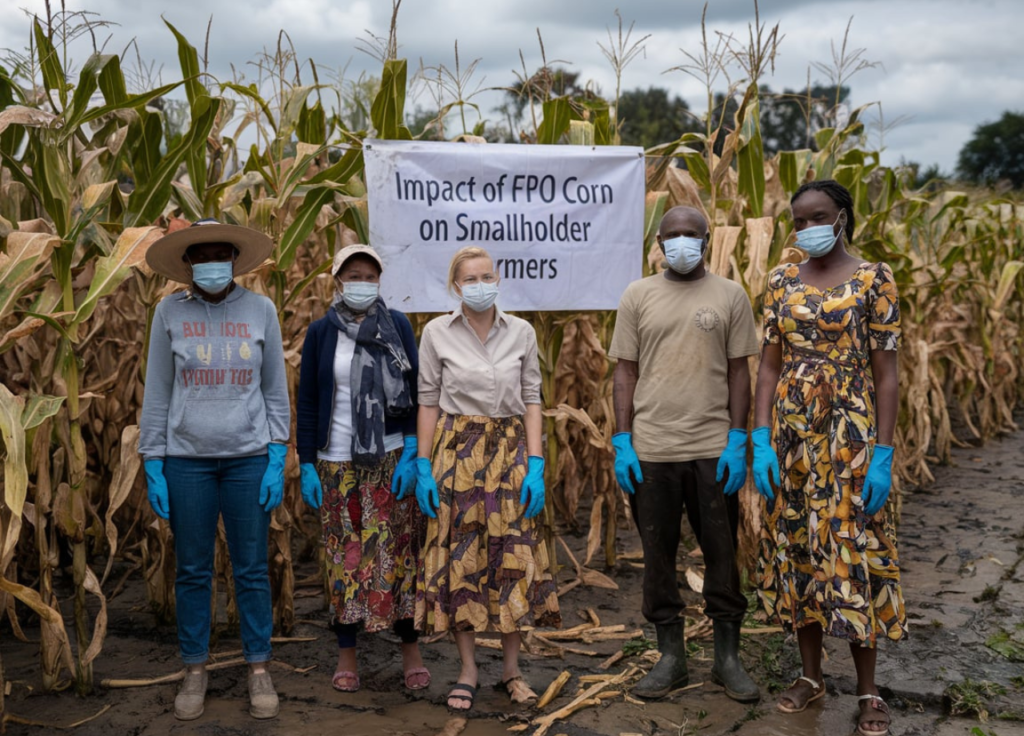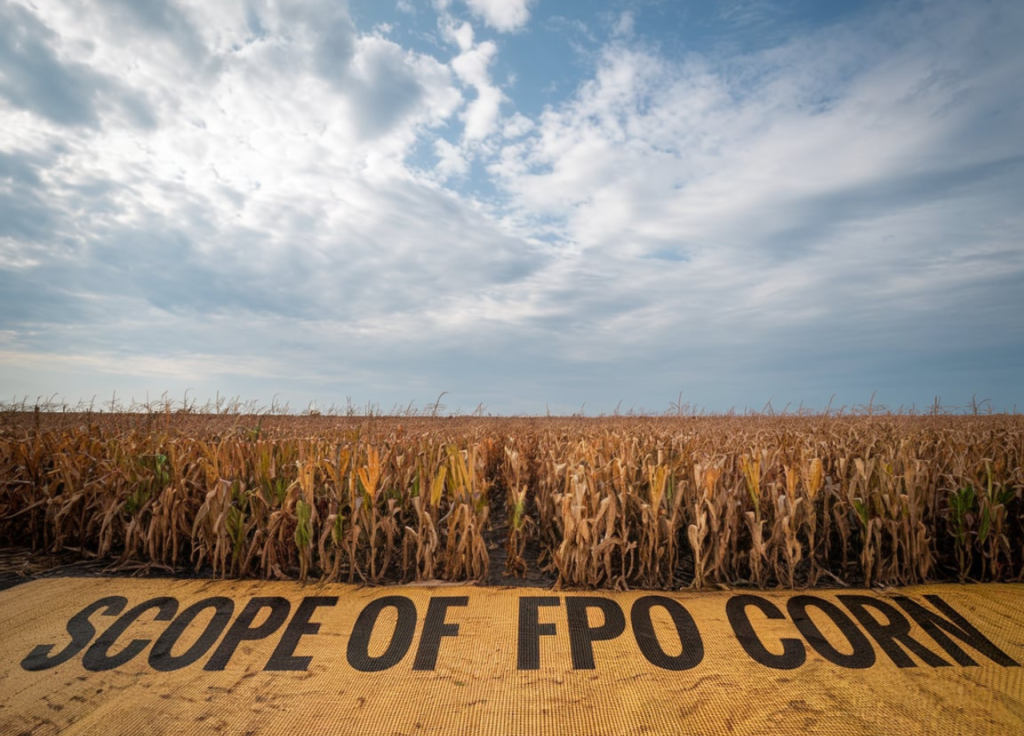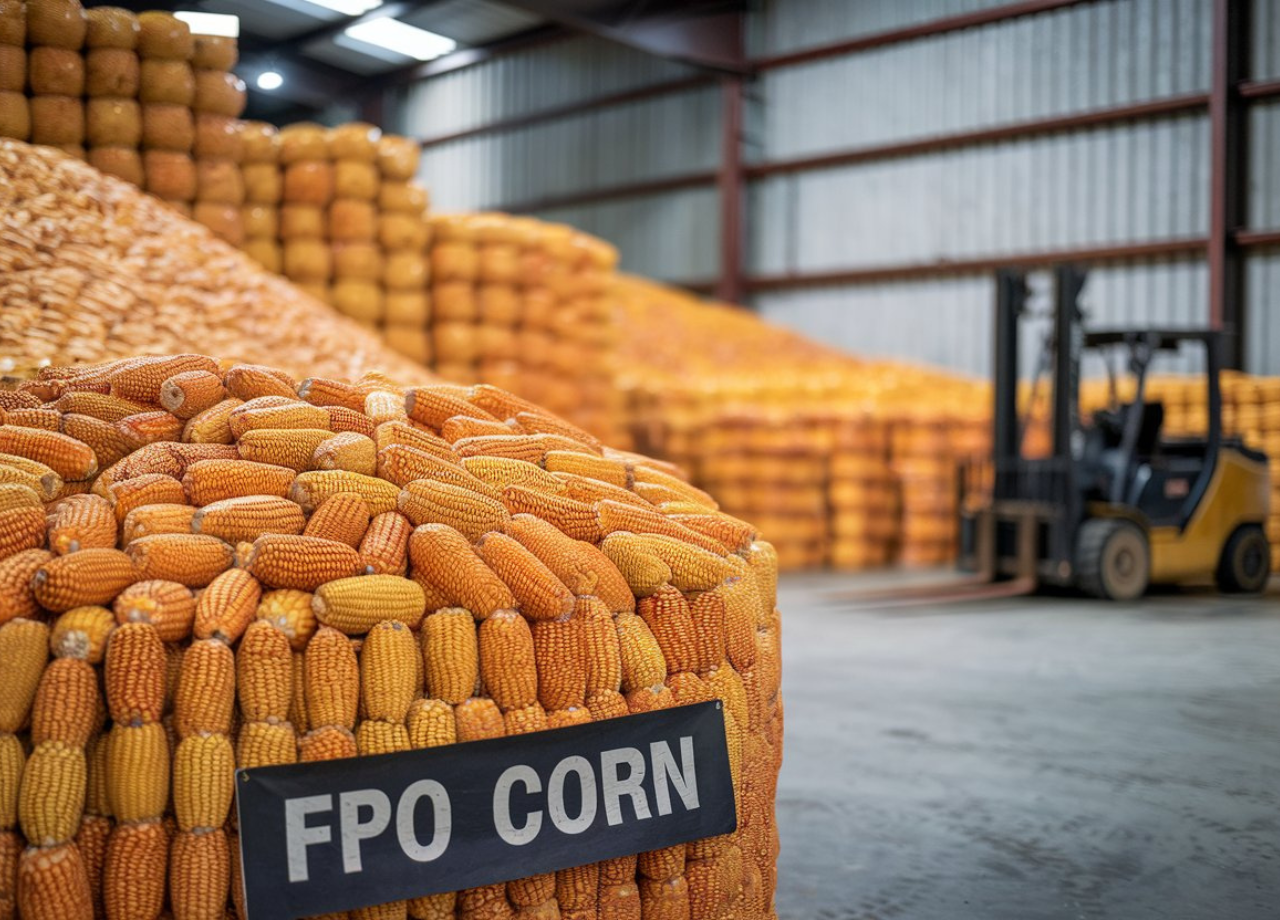Introduction
In the rapidly evolving agricultural sector, FPO Corn emerges as a transformative force, blending innovation and sustainability. As the world’s population grows and the demand for food surges, ensuring efficient, scalable, and eco-friendly agricultural practices has never been more crucial. Enter Farmer Producer Organizations (FPOs), a groundbreaking concept empowering smallholder farmers, with FPO Corn at the forefront of this movement, revolutionizing corn production and fostering sustainable development.
This comprehensive guide delves into the transformative impact of FPO Corn, exploring its role in reshaping agriculture, its numerous benefits for farmers, and its pivotal contribution to sustainability.
Table of Contents
What is FPO Corn?
FPO Corn represents a collective farming initiative under the umbrella of Farmer Producer Organizations (FPOs). These legally registered entities unite farmers, enabling them to pool resources, share knowledge, and collaborate effectively to improve production efficiency, market access, and overall income.
The concept is particularly advantageous for small and marginal farmers, who often face barriers such as limited access to modern technology, financial constraints, and challenges in reaching lucrative markets. FPO Corn bridges these gaps, offering:
- Access to cutting-edge agricultural technologies.
- Opportunities for bulk purchasing of inputs like seeds and fertilizers.
- Enhanced market negotiations and pricing power.
- Support in adopting eco-friendly farming practices.
Proper nutrient management is integral to maximizing corn yields. Understanding soil interactions with compounds such as acetates plays a critical role in crop growth. Farmers leveraging these insights through FPO Corn can achieve healthier, more productive fields and foster long-term agricultural success.
The Advantages of FPO Corn
The collaborative framework of FPO Corn yields numerous benefits for farmers, fostering trust, innovation, and sustainability. Here’s how:

1. Economies of Scale
Under the FPO model, corn farmers join forces to procure essential inputs like seeds, fertilizers, and equipment. Bulk buying significantly reduces costs, translating into higher profits. This model empowers small-scale farmers to compete on a larger scale and achieve financial stability.
2. Access to Advanced Agricultural Technology
FPO Corn equips farmers with access to state-of-the-art technologies, including precision farming tools, modern irrigation systems, and pest control solutions. For example, natural compounds like piperines offer effective pest control, aligning with sustainable farming practices.
This access ensures:
- Higher crop yields.
- Improved quality of produce.
- Reduced dependency on harmful chemical inputs.
3. Improved Market Access
Reaching profitable markets is often a challenge for smallholder farmers. FPO Corn addresses this by:
- Facilitating direct negotiations with large buyers.
- Exploring export opportunities.
- Enhancing farmers’ market visibility and competitiveness.
By collectively marketing their produce, farmers secure better prices and consistent demand for their crops.
4. Financial Empowerment
FPO Corn enhances farmers’ financial capabilities by:
- Providing access to government schemes and subsidies.
- Streamlining loan and grant applications.
- Enabling investments in advanced tools and technologies.
As recognized entities, FPOs simplify funding opportunities, empowering farmers to scale operations and improve productivity.
5. Knowledge Sharing and Capacity Building
A cornerstone of FPO Corn is its commitment to education and knowledge sharing. Farmers receive training in:
- Best agricultural practices.
- Sustainable farming techniques.
- Innovative tools and technologies.
This focus on continuous learning ensures that farmers remain competitive and prepared for evolving industry trends.
Sustainability and FPO Corn
At its core, FPO Corn champions sustainability, integrating eco-friendly farming practices that reduce reliance on chemical inputs and protect natural resources. Key contributions to sustainability include:
Healthier Soils: Adopting practices like crop rotation and organic fertilization enhances soil fertility and structure.
Water Conservation: Advanced irrigation systems minimize water wastage and promote efficient usage.
Reduced Emissions: By curbing the use of synthetic chemicals, FPO Corn helps lower greenhouse gas emissions.
Farmers under the FPO Corn model often diversify their practices, exploring complementary ventures such as sustainable dairy farming. High-quality Wellhealthorganic Buffalo Milk, for instance, contributes to both farm profitability and environmental stewardship.
The Impact of FPO Corn on Smallholder Farmers

Smallholder farmers form the backbone of agriculture, yet they often face systemic challenges. FPO Corn addresses these issues, delivering:
Empowerment: By pooling resources and knowledge, farmers collectively overcome barriers and amplify their impact.
Resilience: Collaboration fosters financial and operational stability, enabling farmers to weather market fluctuations.
Innovation: Exposure to advanced technologies and training boosts productivity and efficiency.
Community Growth: Stronger farmer networks foster mutual support and shared success.
Expanding the Scope of FPO Corn

As the FPO Corn initiative gains traction, its scope continues to expand. Key areas of development include:
Digital Integration: Leveraging technology for better market insights, real-time crop monitoring, and supply chain efficiency.
Sustainable Practices: Scaling eco-friendly methods to larger regions, ensuring long-term viability.
Export Potential: Positioning FPO Corn products on the global stage to unlock new revenue streams for farmers.
Collaboration with Research Institutes: Partnering with agricultural research bodies to drive innovation and improve crop outcomes.
Frequently Asked Questions (FAQs)
What makes FPO Corn unique?
FPO Corn’s collective model empowers farmers by pooling resources, sharing knowledge, and enhancing market access, ensuring sustainability and profitability.
Who can join an FPO?
Any farmer, especially small and marginal ones, can join an FPO to benefit from collective bargaining, shared resources, and access to better markets.
How does FPO Corn contribute to sustainability?
FPO Corn emphasizes eco-friendly practices, reducing chemical inputs, conserving water, and enhancing soil health to promote sustainable agriculture.
Are there any government schemes supporting FPOs?
Governments often offer financial support, grants, and training opportunities to assist FPOs in achieving their goals.
How can FPO Corn improve my farm’s profitability?
By reducing input costs, providing access to advanced technologies, and enabling better market prices, FPO Corn significantly boosts profitability.
Conclusion
FPO Corn stands as a beacon of hope for smallholder farmers and the agricultural industry at large. By fostering collaboration, integrating advanced technologies, and championing sustainability, FPO Corn is reshaping the future of corn production. Its impact extends beyond immediate financial gains, nurturing a resilient and eco-friendly agricultural ecosystem.
As the demand for sustainable farming grows, embracing initiatives like FPO Corn is not just an opportunity but a necessity. By empowering farmers and promoting innovative practices, FPO Corn paves the way for a brighter, more sustainable future in agriculture.
You can see the latest update on: legwarmers.



